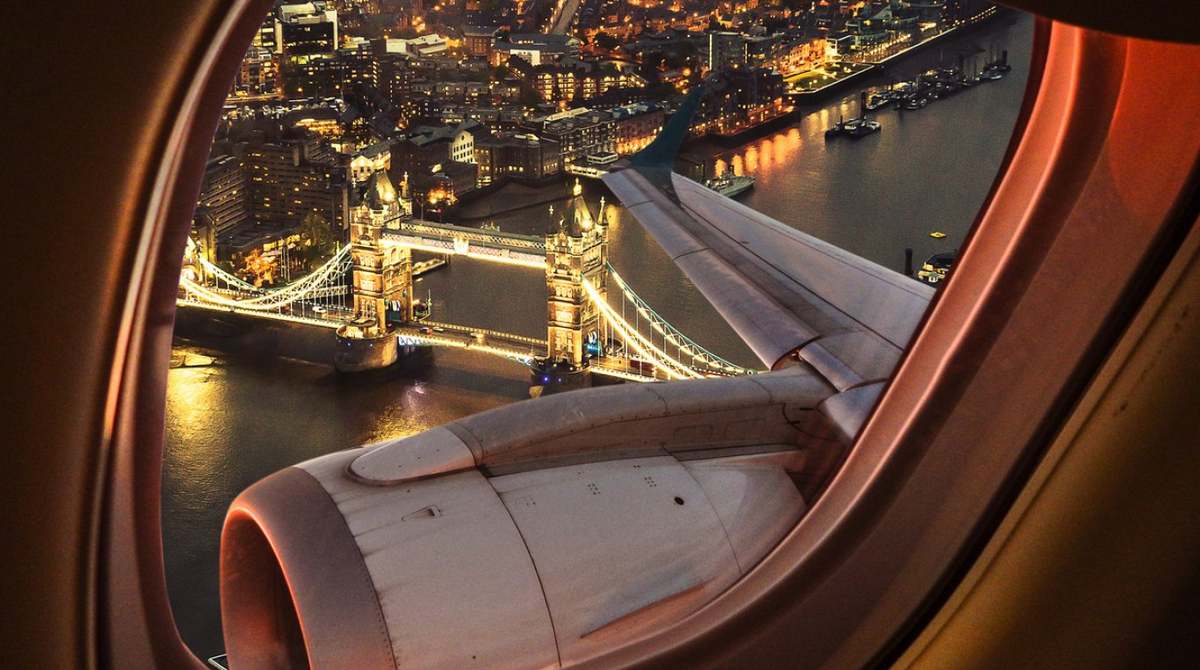London may soon join other major global cities in charging a tourist tax, as Chancellor Rachel Reeves is expected to grant Sadiq Khan and other local leaders the authority to implement such fees. According to the BBC, these powers would be included in the English Devolution and Community Empowerment Bill currently moving through Parliament.
Sadiq Khan has long advocated for this change, noting that a London-wide tourist levy could generate up to £240 million per year. The capital recorded 89 million overnight stays in 2024, and even a minimal fee would bring in substantial additional revenue.
England remains the only G7 country where the national government prevents city authorities from imposing visitor taxes. Meanwhile, Scotland and Wales have already introduced their own models. In Scotland, local councils can set their own percentage-based levy, while Wales will begin charging £1.30 per night from 2026.
How a London tourist tax could work
The Greater London Authority recently asked the Centre for Cities think tank to evaluate viable models for the capital. Major G7 cities currently use three main approaches:
A percentage-based tax — used in cities like New York and Toronto. New York collects around £493 million annually, with visitors paying an average of £14.86 per night.
A flat per-night fee — such as in Tokyo, which raises £35 million a year despite having one of the world’s highest numbers of overnight stays.
A variable fee based on location, accommodation type, or hotel rating — the model used in France and Italy.
Experts believe London is best suited for either a percentage-based tax or a flat fee, since the UK lacks a nationwide mandatory hotel star-rating system.
What London stands to gain
Previous GLA estimates suggest that a £1-per-night tax could raise £91 million annually, while a 5% levy could bring in up to £240 million.
According to the Centre for Cities, London is unlikely to see any significant drop in visitor numbers, as research indicates tourists tend to be less sensitive to small fees in highly popular destinations.
The funds could be used to improve infrastructure, upgrade tourist facilities, or support local businesses. London’s mayor would be able to adjust the rate quickly based on seasonal patterns — similar to Toronto, which is increasing its levy ahead of the 2026 World Cup.
Concerns from the hospitality sector
The hotel industry has voiced strong opposition. UK Hospitality chief Kate Nicholls called the idea “shocking,” arguing that London’s guests are not limited to tourists but include workers, families, and business travellers. She warned that the additional costs, combined with the high 20% VAT on accommodation, could deter visitors. According to Nicholls, customers “will vote with their feet,” harming the capital’s economy through fewer jobs and reduced investment.
Existing mechanisms
The Department for Levelling Up notes that local areas can already implement charges through Accommodation Business Improvement Districts (ABIDs). Richmond Council, home to Hampton Court and Kew Gardens, is currently exploring such a model.
However, if London introduces a citywide tax, local schemes would likely be replaced, creating a single unified levy for all visitors.

